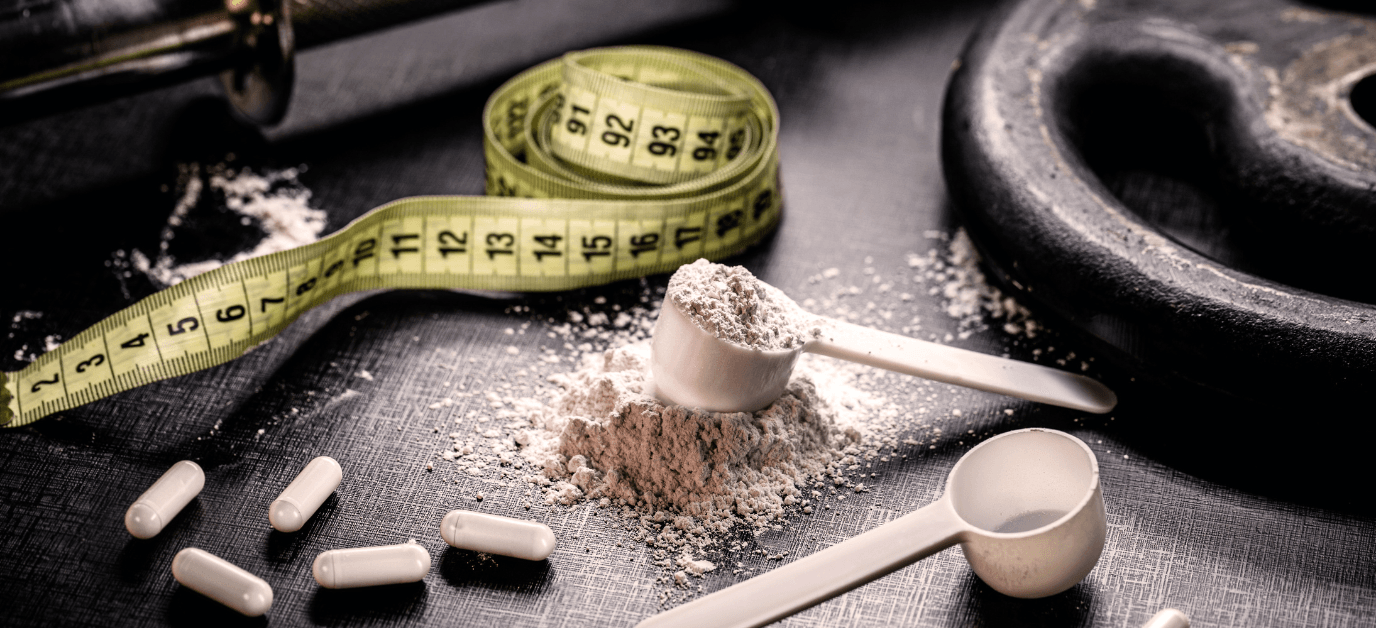

Endurance training and supplementation – How to support muscle recovery?
05.12.2024Endurance training is a true test for your muscles, pushing your body to the limit. It’s easy to focus solely on the distance covered or calories burned after such activities. Athletic success, however, depends not only on effort but also recovery. Proper supplementation can help significantly speed up the recovery process. Here’s how to effectively support muscle recovery after intense training.
Why Is Muscle Recovery So Important?
During training, muscles undergo micro-damage, which is a natural part of growth and adaptation to physical effort. However, to achieve the desired results – increased endurance, strength, and muscle mass – proper recovery is essential. Without it, you risk overtraining, injury, and a decline in performance.
Key Elements of Recovery
- Sleep – The most important factor supporting muscle recovery. During sleep, the body produces growth hormone, which helps repair damaged muscle fibres.
- Diet – Providing the right amount of protein, carbohydrates, and fats allows for effective muscle rebuilding.
- Supplementation – In the case of intense training, diet alone may not suffice. This is where supplements come into play.

Which Supplements Are Worth Using After Endurance Training?
For effective and comprehensive muscle recovery, the following supplements are recommended:
1. BCAA (Branched-Chain Amino Acids)
BCAAs consist of three key amino acids – leucine, isoleucine, and valine – which make up 35% of muscle-building amino acids. They help reduce muscle damage and accelerate recovery. Research suggests that BCAA supplementation after training can lower the level of DOMS (Delayed Onset Muscle Soreness)[1].
2. EAA (Essential Amino Acids)
EAA is a set of essential amino acids that the body cannot synthesise on its own. EAA supplementation supports protein synthesis, recovery, and muscle building. It complements BCAAs by providing all the necessary amino acids for full recovery and muscle growth after exercise[2].

3. Creatine
Although mainly associated with strength training, creatine also plays a role in recovery after endurance workouts. It acts as an antioxidant, supports ATP (adenosine triphosphate) replenishment – the main energy carrier in cells – and helps increase muscle strength[3].
4. Glutamine
Glutamine is one of the most important amino acids in the body, constituting over 60% of amino acids in skeletal muscles. Its level significantly drops during intense exercise, which can weaken recovery and the immune system. Glutamine supplementation speeds up muscle recovery, reduces the risk of infection after strenuous exercise, and supports protein synthesis[4].
5. Vitamin C and E
Both vitamins have antioxidant properties, helping to neutralise free radicals produced during intense physical activity. This speeds up muscle recovery and reduces inflammation[5].
6. Electrolytes
During endurance training, we lose a lot of water and electrolytes such as sodium, potassium, and magnesium. Replenishing them after training is key to maintaining the body’s water-electrolyte balance and ensuring optimal muscle hydration.

7. Fatty Acids – Fish Oils, Omega-3, MCT Oil
Omega-3 fatty acids found in fish oils support muscle recovery through their anti-inflammatory effects. They also help reduce post-workout muscle soreness and support joint health. MCT oil (medium-chain triglycerides), on the other hand, provides easily metabolised fats, which increase energy efficiency. Due to its structure, MCT is quickly absorbed by the body, enabling rapid energy production and potentially improving physical performance.
Practical Tips for Supplementation
To get the best results from your supplements, it’s essential to focus on a few key aspects. First, choose products from trusted manufacturers to ensure ingredient quality. Follow the manufacturer's recommendations. Taking too much, or not enough, of your product can have unwanted effects. Consistency is key – for best results, take supplements at regular times, ideally around meals to enhance absorption. Also, remember that supplements cannot replace a varied diet – they should complement it, not be the foundation.
Sources:
[1] Jackman, S. R., Witard, O. C., Jeukendrup, A. E., & Tipton, K. D. (2010). Branched-chain amino acid ingestion can ameliorate soreness from eccentric exercise. Journal of the International Society of Sports Nutrition, 9(20). https://doi.org/10.1186/1550-2783-9-20.
[2] Phillips, S. M., & Van Loon, L. J. C. (2011). Dietary protein for athletes: From requirement to metabolic advantage. Applied Physiology, Nutrition, and Metabolism, 36(5), 647-663. https://doi.org/10.1139/h11-077
[3] Kreider, R. B., Kalman, D. S., Antonio, J., Ziegenfuss, T. N., Wildman, R., Collins, R., & Lopez, H. L. (2017). International Society of Sports Nutrition position stand: safety and efficacy of creatine supplementation in exercise, sport, and medicine. Medicine & Science in Sports & Exercise, 39(2), 394-397. https://doi.org/10.1249/MSS.0b013e31802f04db.
[4] Castell, L. M., & Newsholme, E. A. (1997). The effects of oral glutamine supplementation on athletes after prolonged, exhaustive exercise. Journal of Applied Physiology, 84(2), 475-482. https://doi.org/10.1152/jappl.1998.84.2.475.
[5] Gomez-Cabrera, M. C., Domenech, E., & Viña, J. (2008). Moderate exercise is an antioxidant: Upregulation of antioxidant genes by training. American Journal of Clinical Nutrition, 72(1), 47-53. https://doi.org/10.1093/ajcn/72.1.47.

